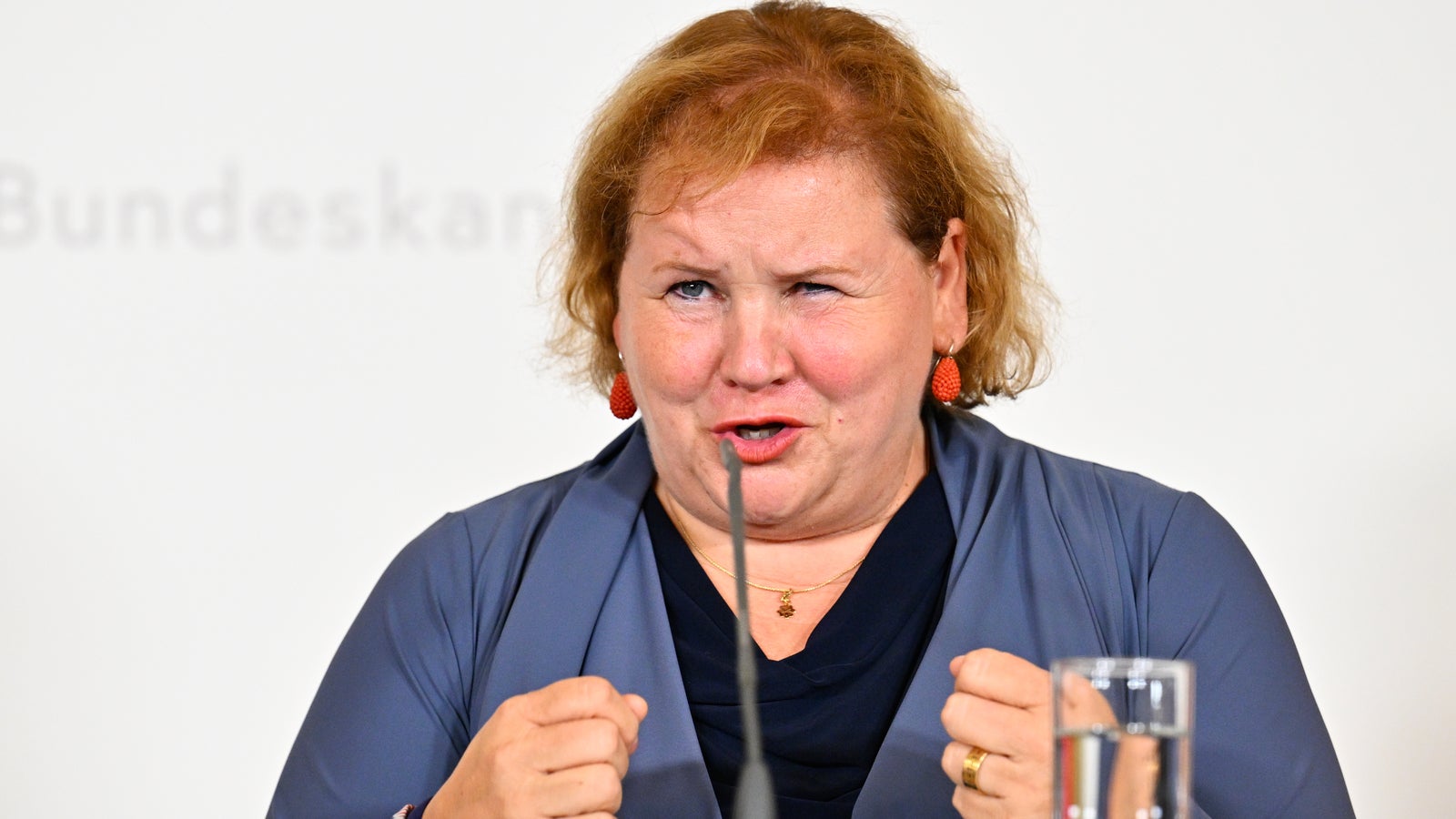Chandelier
Senior Member (Voting Rights)
The Ströck family, founders of the We&Me Foundation, seems to keep the pressure up to initiate change in Austria.
Edit: removed bold formatting.AI Summary
The director of Austria's Pension Insurance Institution (PVA), Winfried Pinggera, is facing accusations regarding his statements about ME/CFS patients. According to Gerhard Ströck, founder of the We&Me Foundation, Pinggera allegedly referred to ME/CFS patients and their doctors as “freeloaders” ("Trittbrettfahrer") and “charlatans” ("Scharlatane") during a meeting in August 2024.
Pinggera denies the accusations, stating the meeting was “constructive” and that the aim was to distinguish between patients who truly need help and those expected to recover.
The Greens (Austrian Green Party) sharply criticized these alleged remarks. Health spokesperson Ralph Schallmeiner stated that such words, if true, were “understandably hurtful and should at the very least be clarified or apologized for”. He also condemned the broader treatment of patients as “harassment, denial of illness, and constant mistrust”, saying this “must change immediately”.
Ströck, whose two sons are severely affected by ME/CFS, had already mentioned the incident in an earlier "krone.tv" interview, and later at a stakeholder conference in November 2024. He expressed disappointment in the PVA’s apparent lack of recognition for ME/CFS as a real illness.
A major investigative report by APA, ORF, and Dossier in May 2024 found that 79% of disability and care benefit applications related to ME/CFS or Long Covid were denied. In over 50% of these cases, ME/CFS or Post-Covid diagnoses were completely disregarded, and in about 40% were reclassified as psychological or psychosomatic disorders. Some patients were even accused of symptom exaggeration ("Aggravation"), dramatization, or simulation.
Despite this, the PVA insists its decisions are based on "objective, fact-based assessments", and that all evaluations are made according to legal standards.
In response to the controversy, the Health Secretary Ulrike Königsberger-Ludwig (SPÖ) stated that ME/CFS is taken seriously, and that an action plan is being developed. It includes:
The Green Party has filed two parliamentary questions:
- A central contact point for diagnosis and support,
- A comprehensive overview of available resourcesby the end of the year.
Lastly, ME/CFS has become more visible due to post-COVID syndromes (PAIS). The Medical University of Viennaestimates 70,000–80,000 people in Austria currently suffer from ME/CFS. Triggers include viral infections (e.g., influenza, Epstein-Barr), trauma, or toxins/medications.
- Whether the minister was aware of Pinggera’s alleged comments and whether she shares his views,
- What the costs of assessments and counter-assessments are in ME/CFS-related disability claims.
Last edited:



